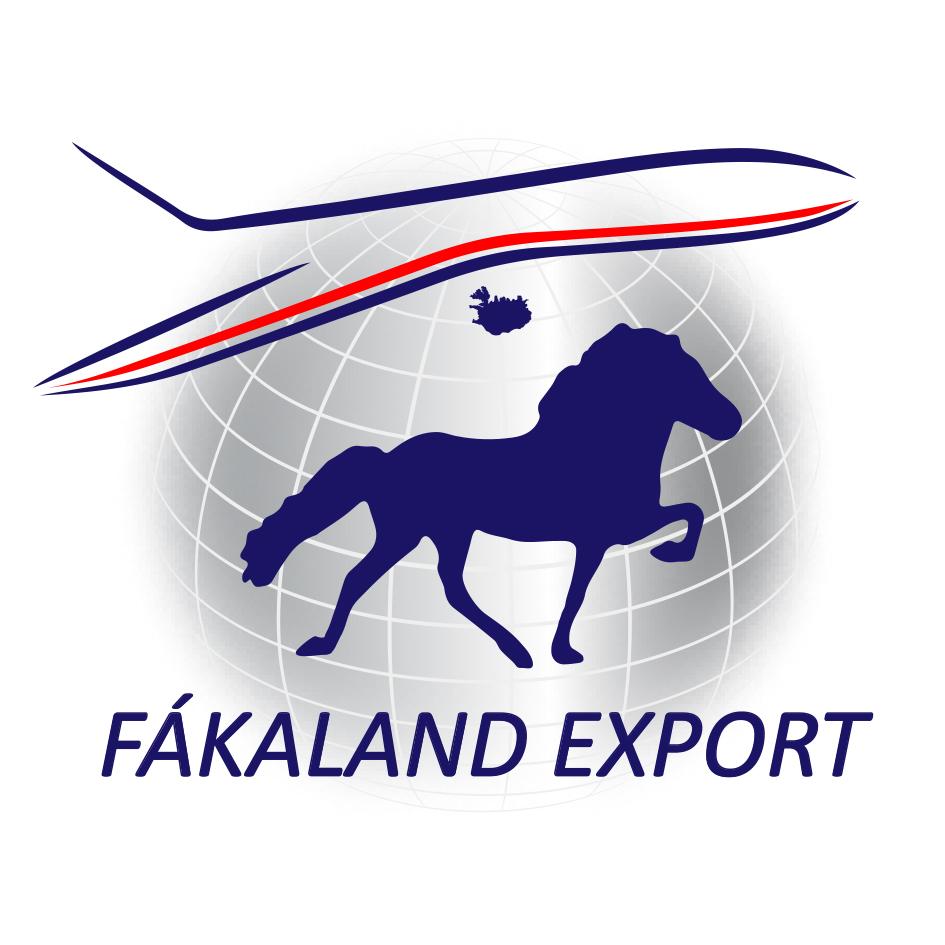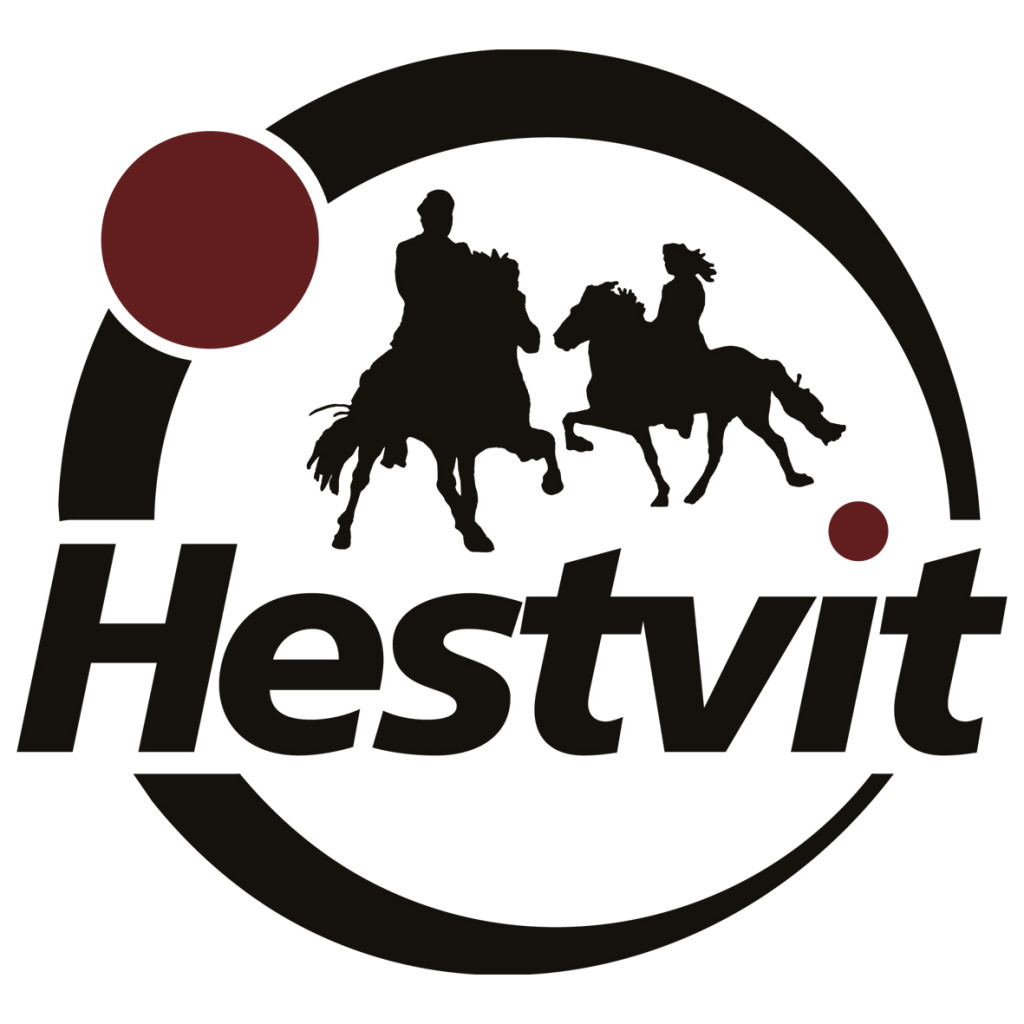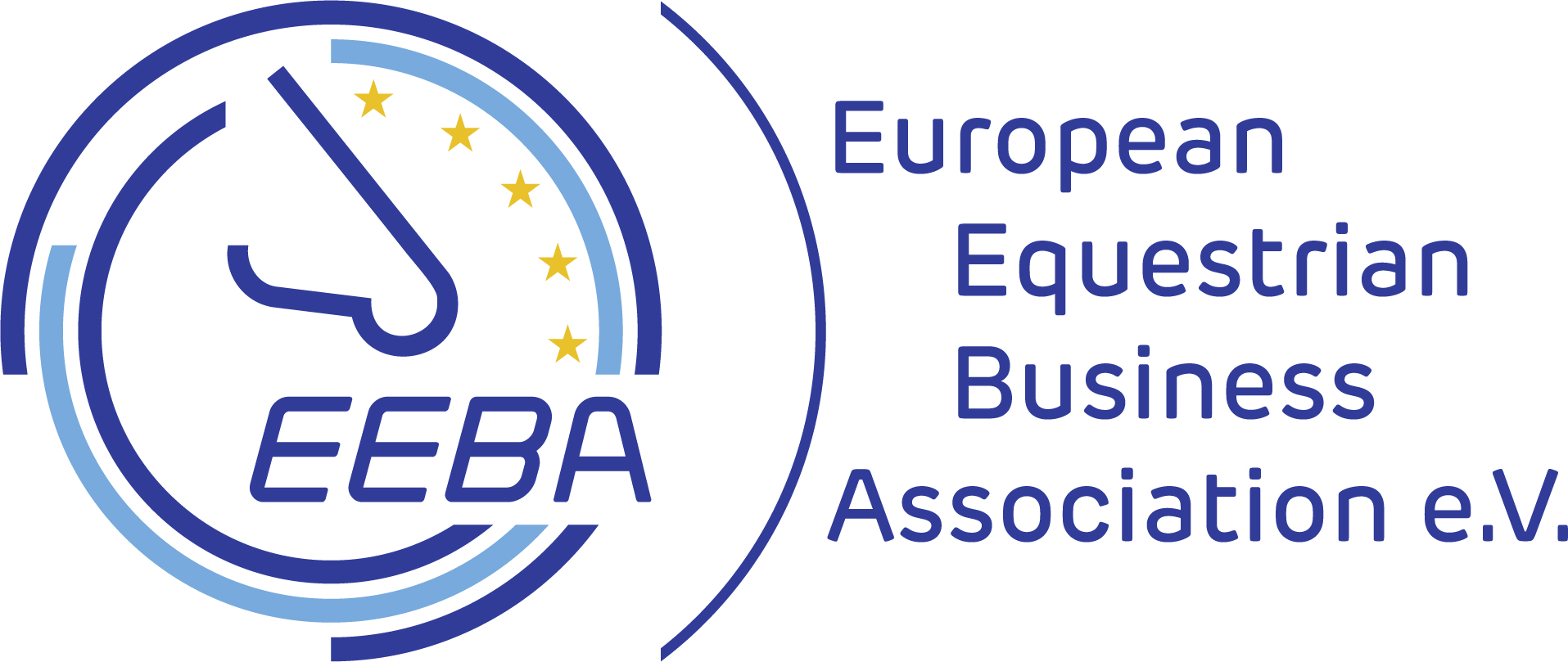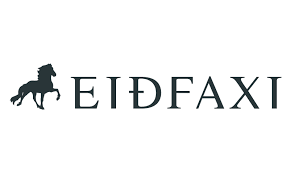Following the transport of the Icelandic national team’s horses to Oirschot, The Netherlands, Horses of Iceland wanted to learn more about horse export from Icelandair Cargo.
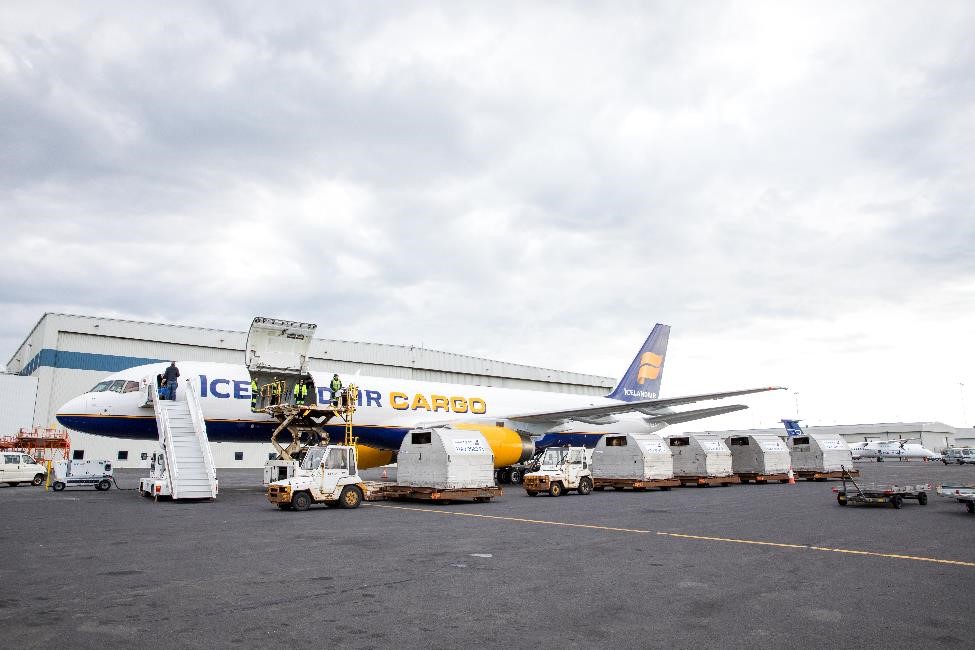
The horses on which the Icelandic national team will compete at the World Championships for Icelandic Horses 2017 in The Netherlands, August 7-13, were flown to Liege in Belgium overnight, July 29-30. From there, they were transported by truck to Oirschot.
Mikael Tal Grétarsson is the director of export at Icelandair Cargo. “We have special boxes which were custom-made for Icelandic horses,” he says. He describes the boxes as spacious horse trailers. Of the flight, he says, “It is less of a disturbance for the horses than jumping about on a bumpy road.” Upon arrival in Liege, the horses are taken to a specially-equipped stable at the airport, where they are fed and given water, and a chance to rest for 12-24 hours before their journey continues.
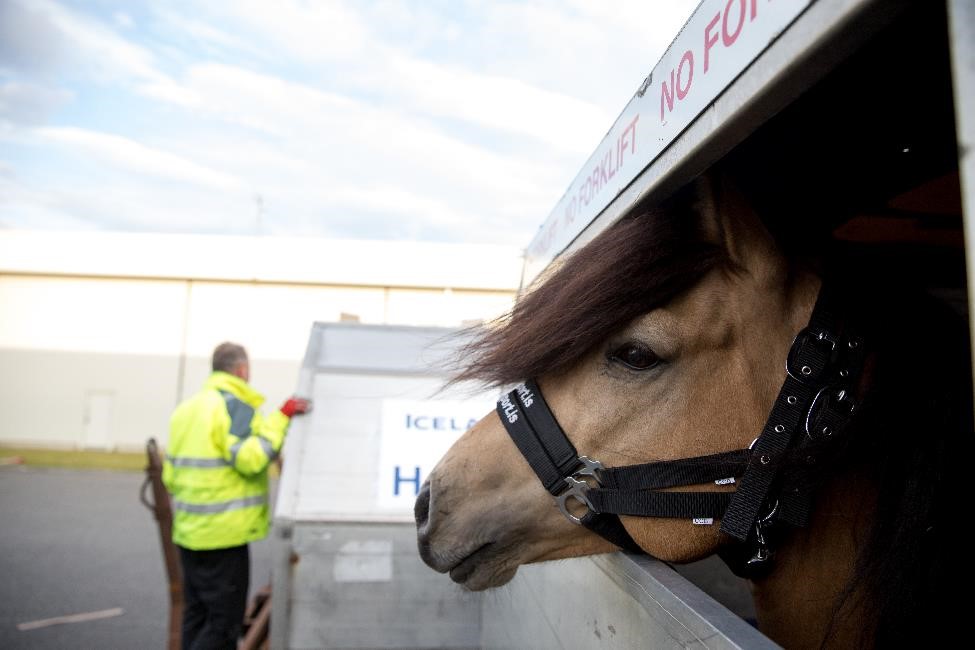
The horses are usually calm during the flight. The longest direct flight Icelandair Cargo has organised was 6-7 hours to New York. The horses are moved onboard the plane as shortly before take-off as possible, around one hour, and they are the first to disembark. They horses are never alone,” Mikael stresses, explaining that horses are social creatures and that the feel better around other horses. Mikael himself is a horse person – he grew up around horses. “We separate stallions from the other horses, make sure there is extra space for mares with foals and follow the regulations of MAST,” he says, referring to the Icelandic Food and Veterinary Authority.
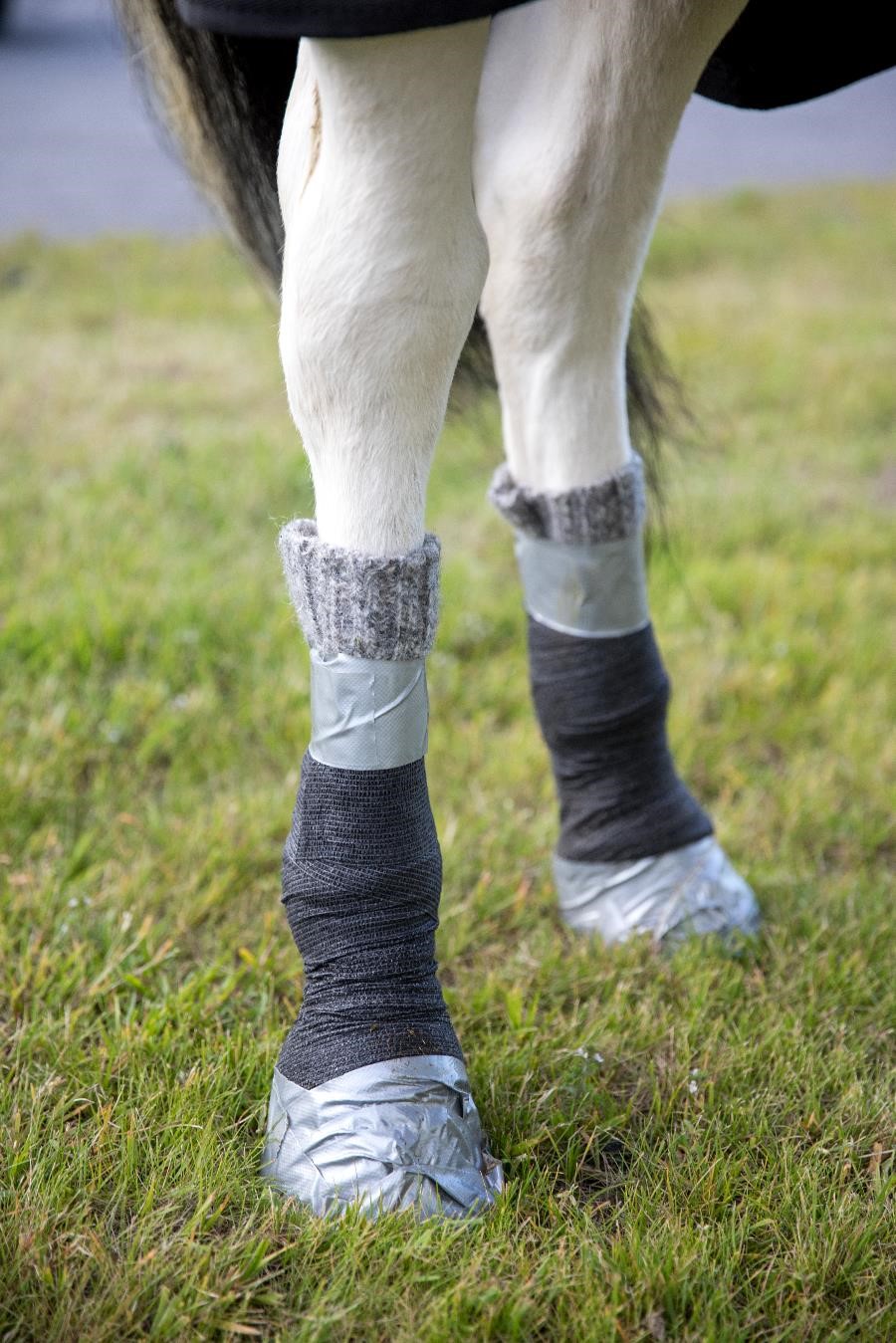
Mikael adds that Icelandair Cargo works closely with MAST and that a veterinarian from the authority is present when the horses are moved onboard the plane. The vet inspects the facilities and examines the horses’ condition. Usually, horse shoes are removed prior to boarding and the hooves are trimmed to prevent accidents. The national team’s horses are exempted from that rule but the riders make sure that the hooves are covered – sometimes with woollen socks.
Apart from the competition horses, Icelandair Cargo was responsible for transporting the national team’s equipment, food and water for the horses. “I believe we flew around six tonnes for the team,” estimates Mikael. “They don’t want to buy hay from a foreign farm and risk that the horses fall ill,” he explains. Horses can get an upset stomach if they receive different food from what they are used to and a risk of infection comes with horses from foreign farms. To prevent carrying diseases back to Iceland, Icelandair Cargo makes sure that all boxes and equipment are disinfected before the transport plane returns to the country.
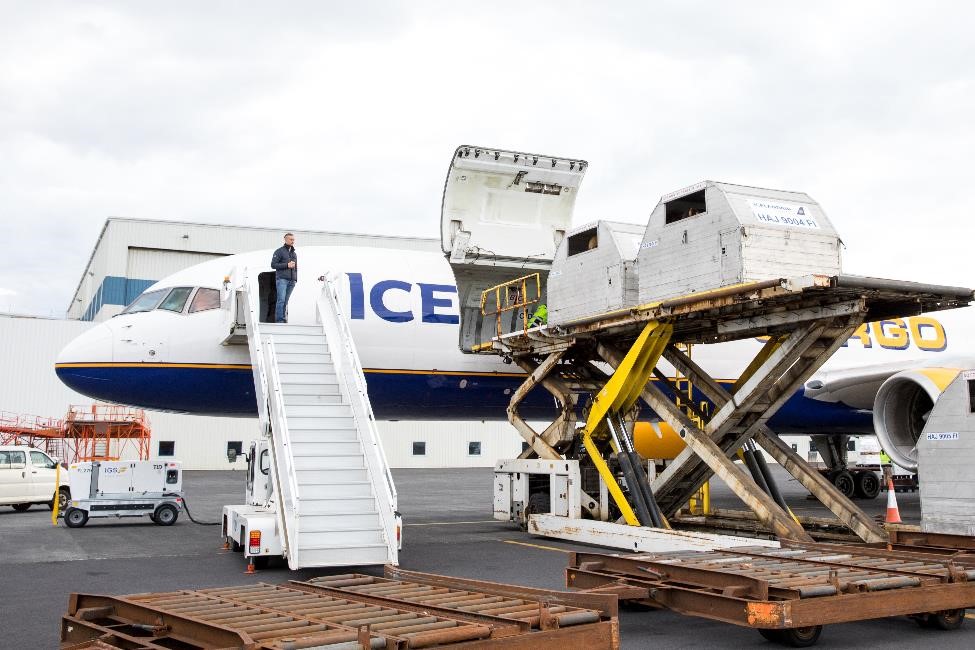
Mikael is responsible for all export for Icelandair Cargo – mostly fresh fish – but also the many horses exported from Iceland. In 2016, 1,474 horses were sold to 21 countries with annual export increasing by 7% since 2014. “We fly to Billund in Denmark, Nordköping in Sweden and Liege in Belgium, which is our primary destination. From there we offer trucking service to other countries in Europe and continued flights to other continents,” says Mikael. These flights are in cooperation with other airlines. Most horses are sold to Germany, or 626 in 2016. “More than 90% of the horses go to Scandinavia and Continental Europe,” Mikael adds. Last year, 39 horses were exported to the US. Some are sold to Asia and the longest flight Mikael can recall was to Mexico.
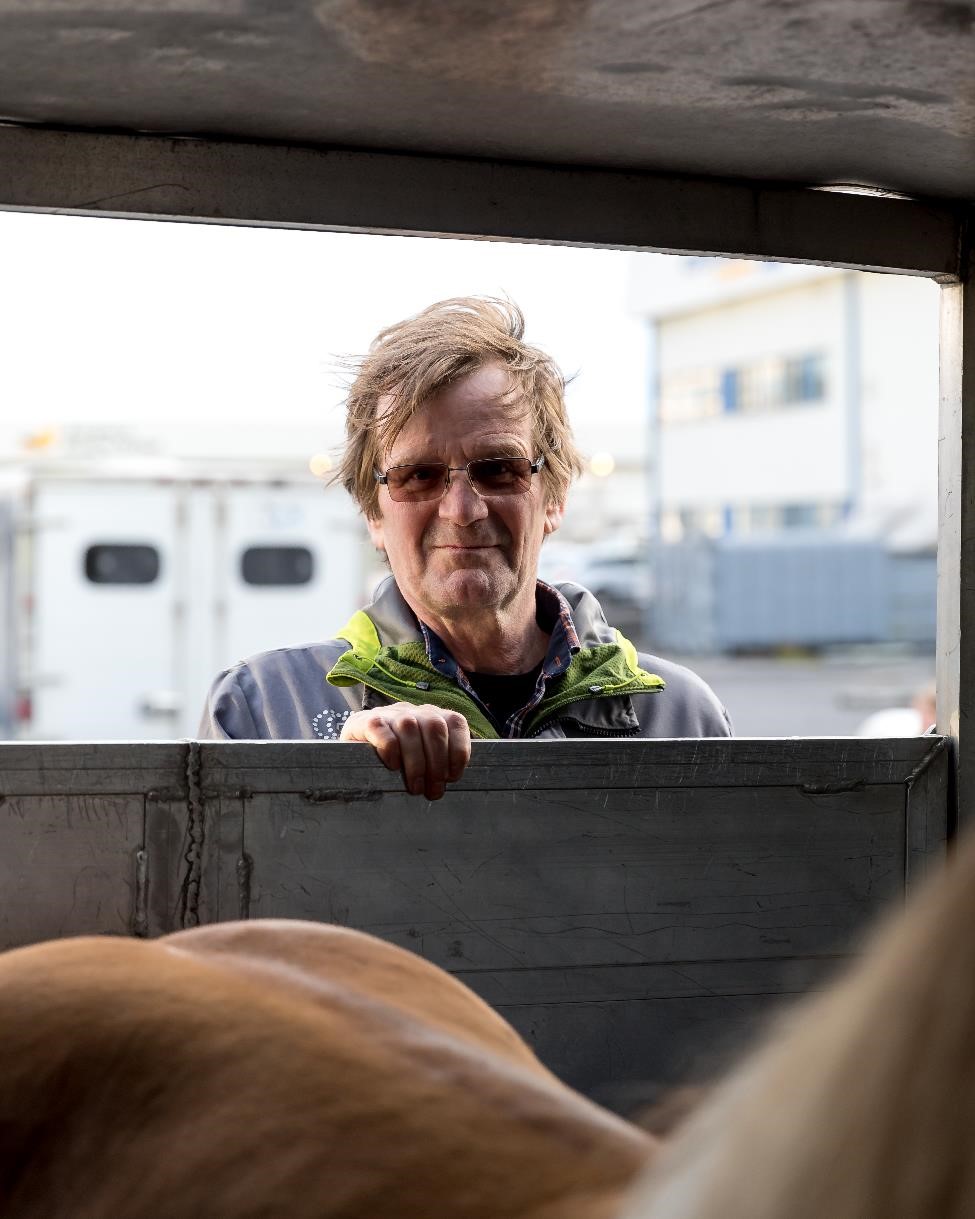
An experienced groom always travels with the horses – more than one in the case of competition horses. The groom boards with the horses and disembarks with them, too. The groom is also to make sure the boxes on the plane are in order, as well as in the stables where they arrive. The groom knows to call a vet if any of the horses have fallen ill. “We are very proud at Icelandair Cargo that we have one stewardess: Siggi the stewardess,” Mikael says tongue-in-cheek. Sigurður “Siggi” Jónsson, who is pushing 70, has worked as a groom at Icelandair Cargo for about 30 years. “I think no one else has touched or cared for as many top horses as he has. Siggi has been around horses worth a total of hundreds of millions – billions of [Icelandic] krónur even – and brought them to their new owners in a good condition.” Mikael says it will be hard to replace Siggi when he retires.
Mikael himself has had to fill in as a groom in case someone drops out on a short notice. “I have sometimes had to wake up in the middle of the night and jump onboard a plane if someone is sick, but it is fun for me.”
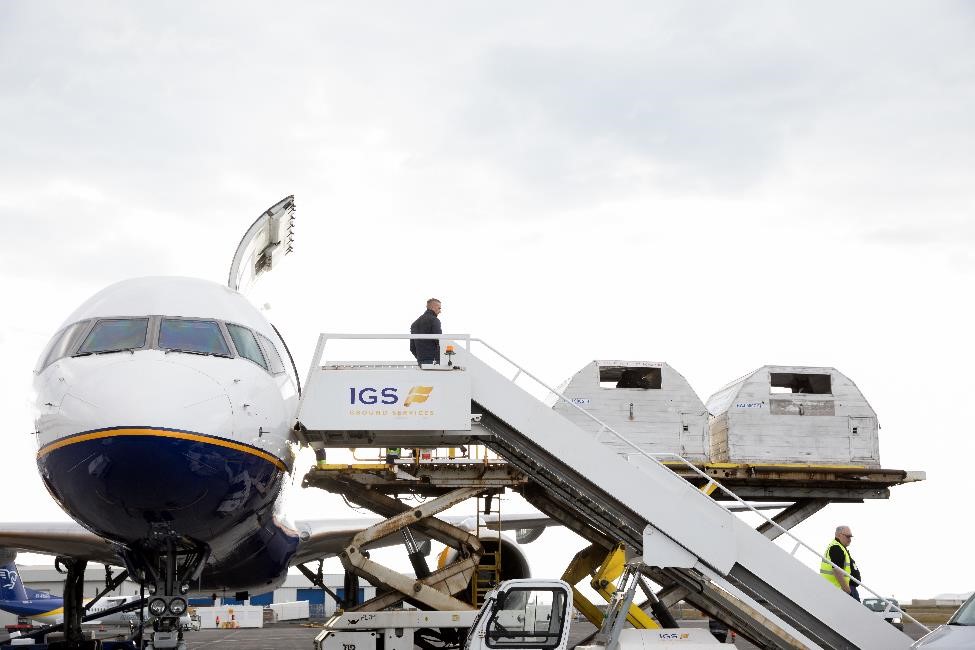
By Eygló Svala Arnarsdóttir.
Photos by Gunnar Freyr Gunnarsson.
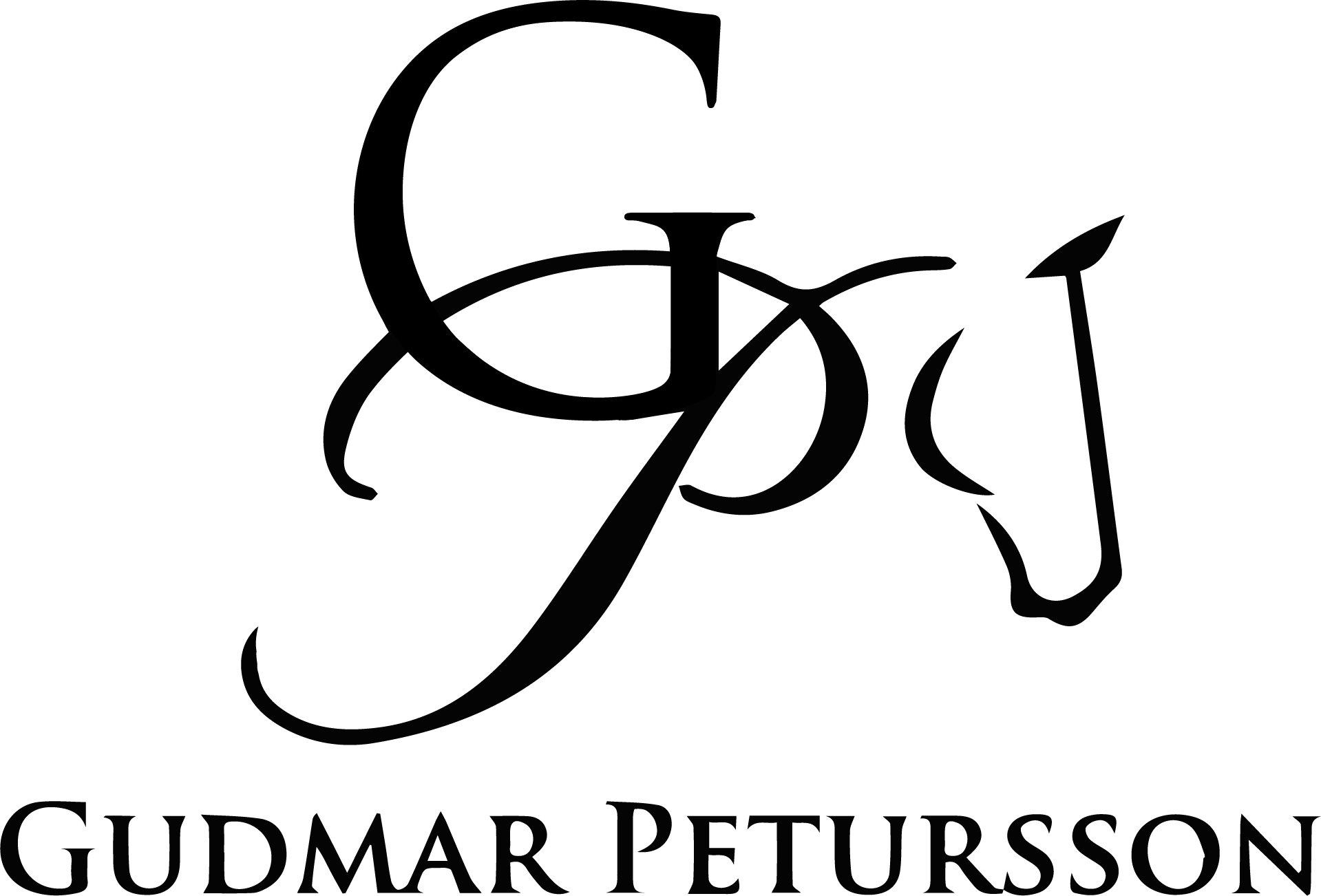
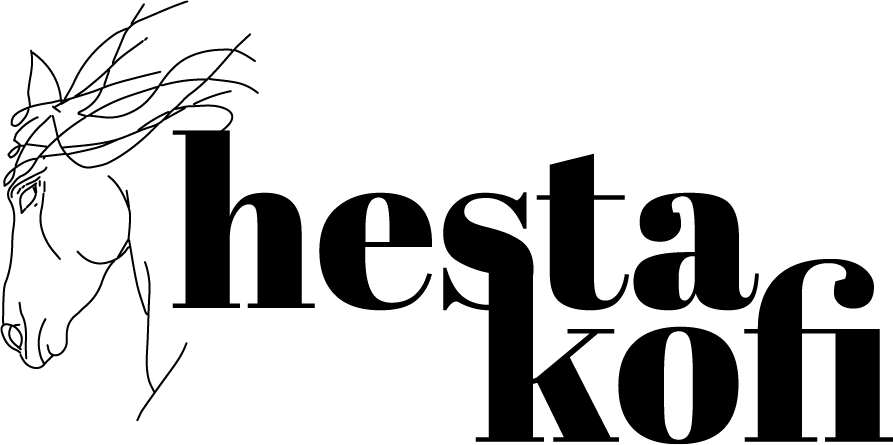
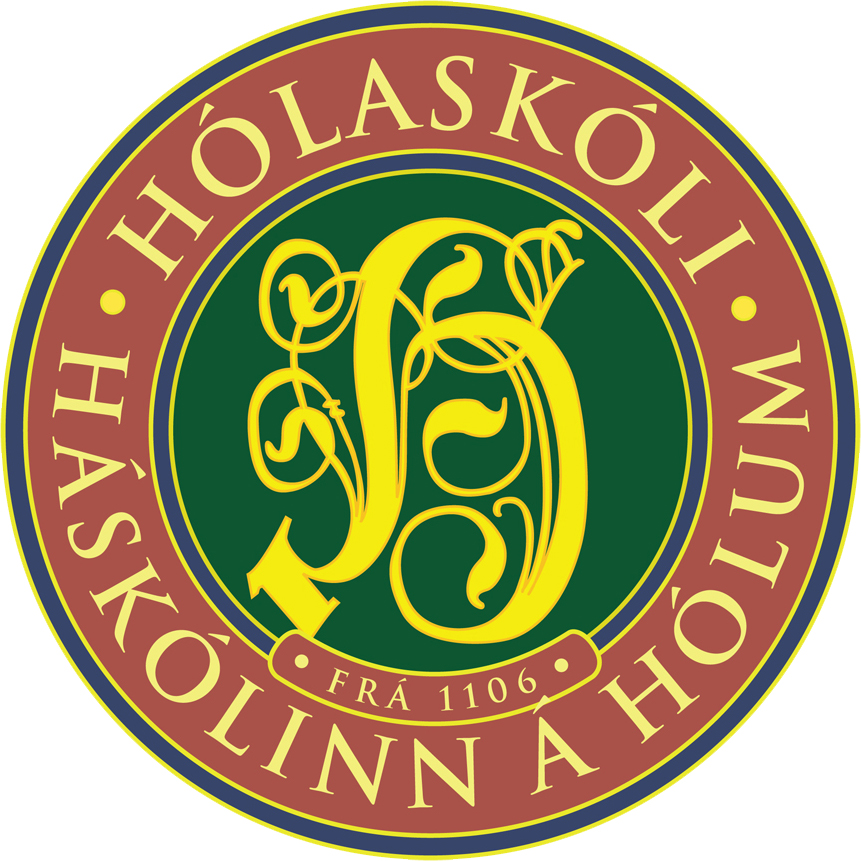



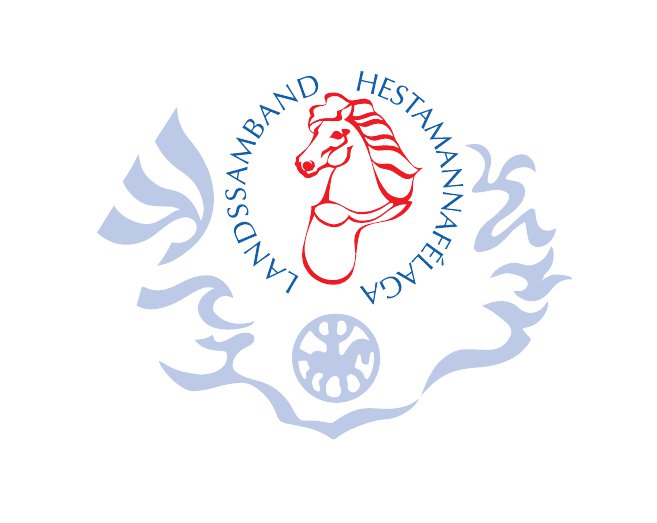

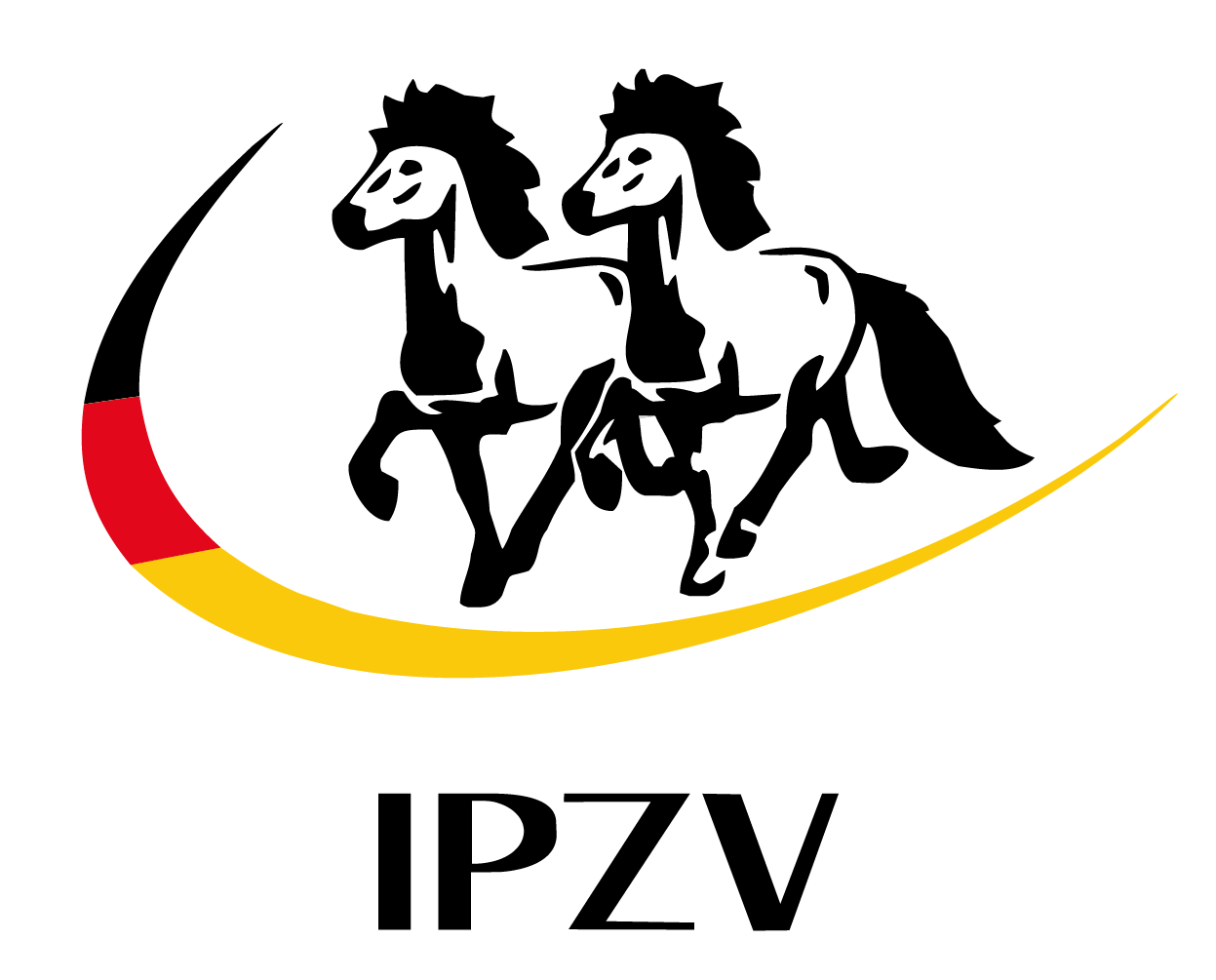

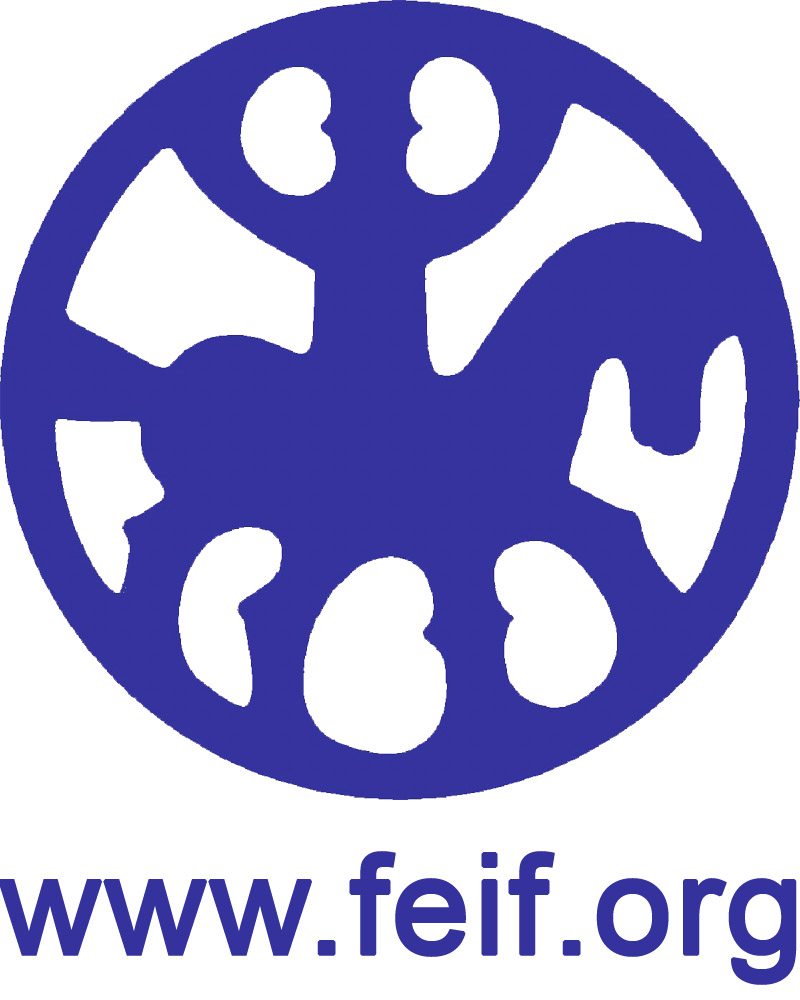
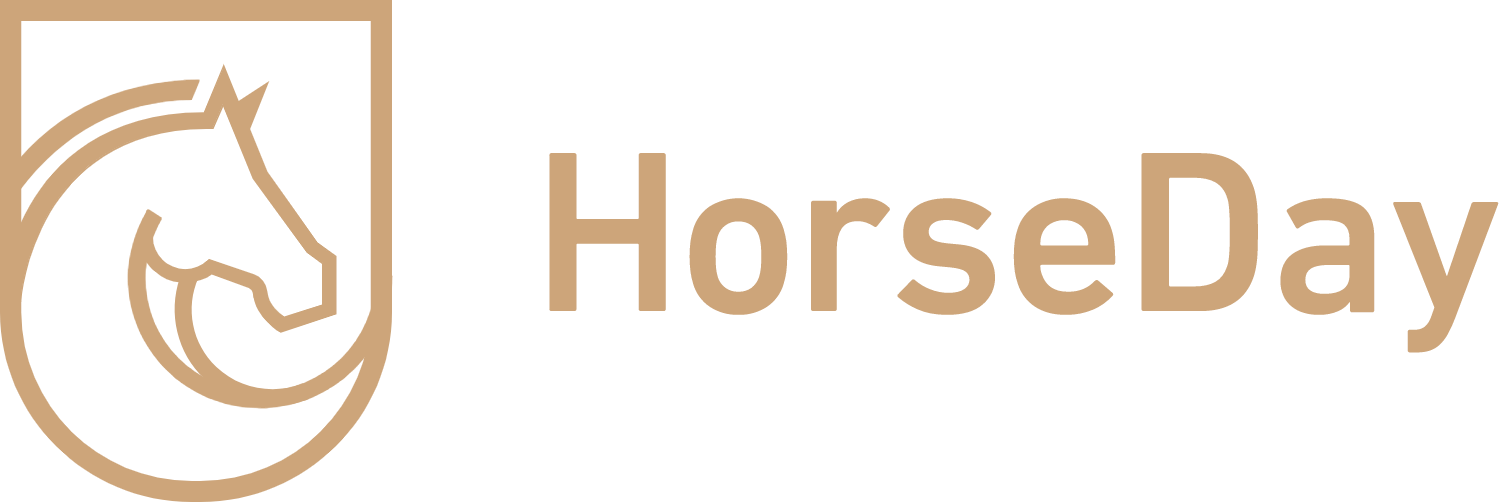
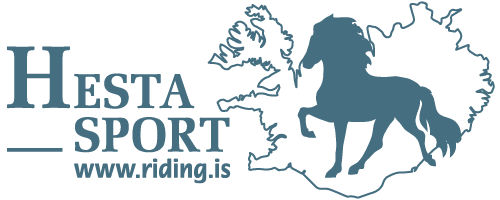


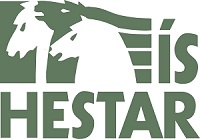
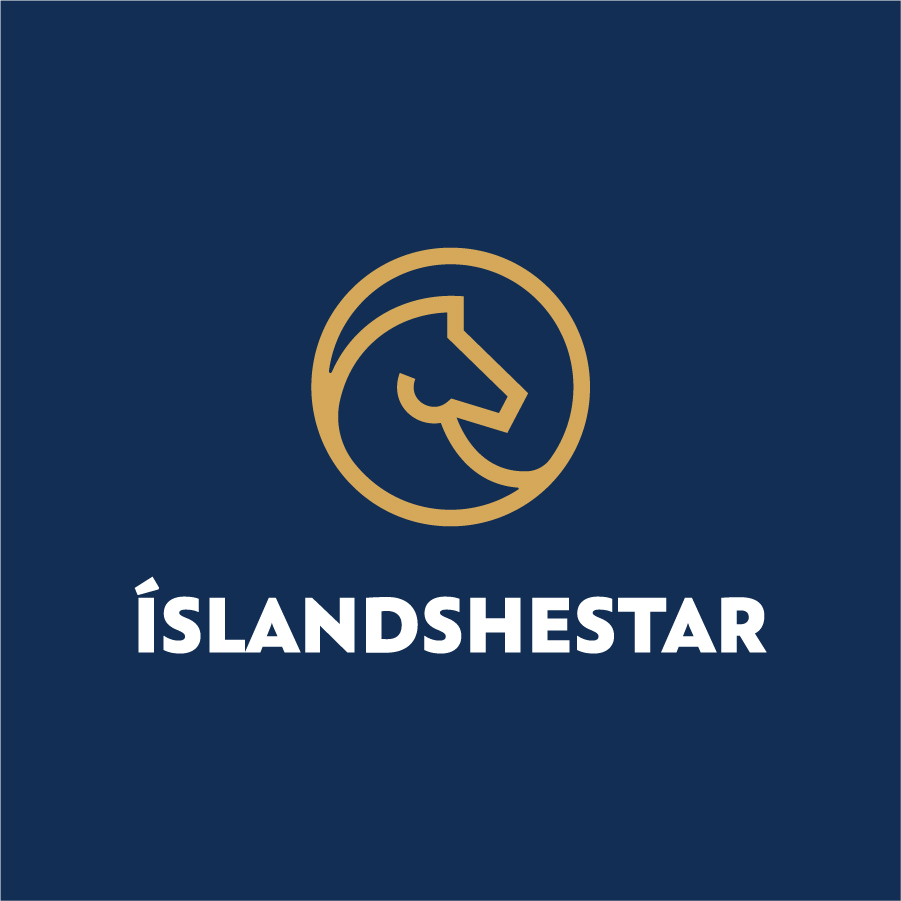
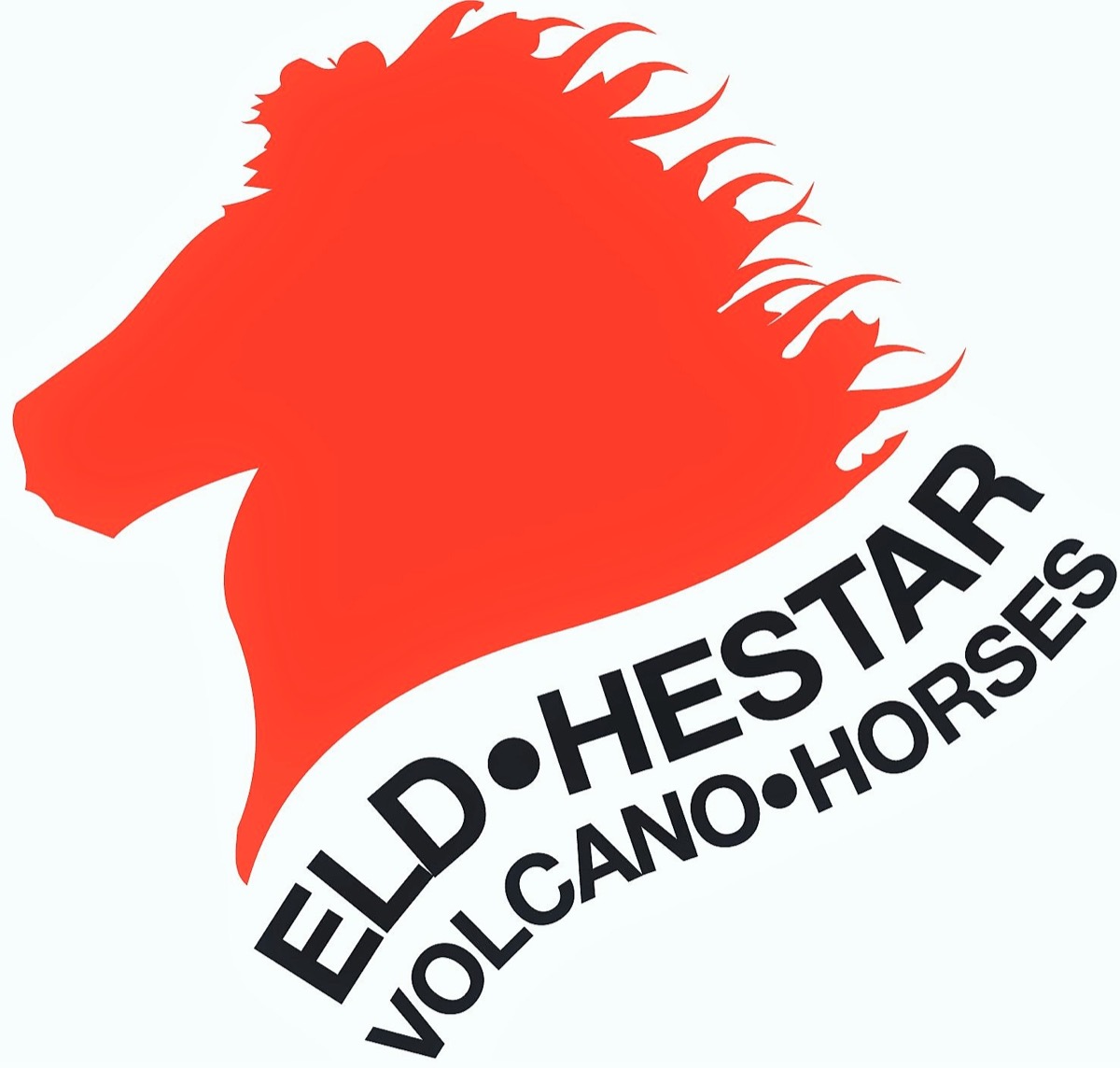
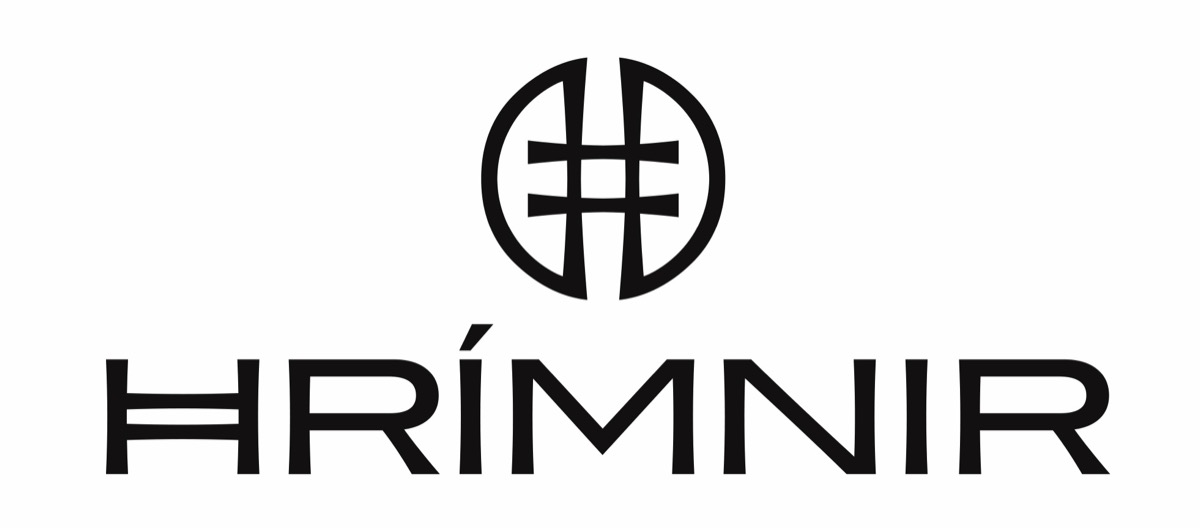

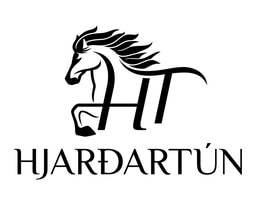
-1.jpg)
